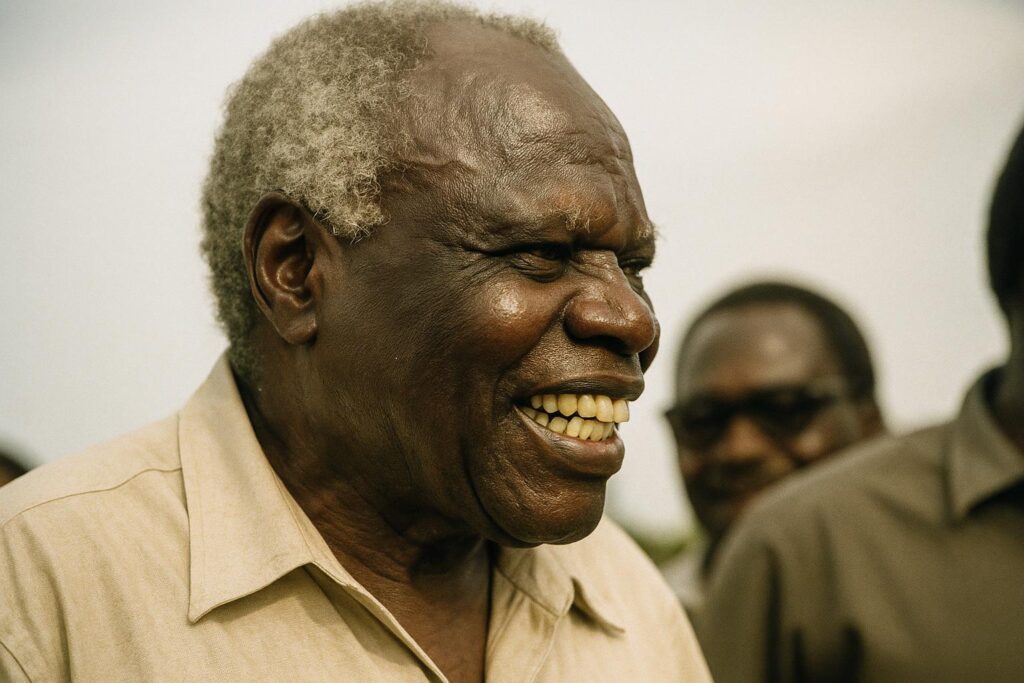Childhood and Overseas Education
Bona Malwal Madut was born in 1928 in Bahr el Ghazal, emerging from Twic, Warrap State, at a time when educational opportunities for southern Sudanese were rare.
Scholarships took him to Indiana University and Columbia University, placing him among the first southerners to gain American degrees and shaping his worldview.
Pen and Press Freedom Battles
Returning home, Malwal founded influential papers such as The Vigilant and Sudan Democratic Gazette, championing southern rights and later self-determination through fearless editorials.
His journalistic clout made him a natural bridge between civil society and government, drawing attention during peace negotiations.
Ministerial Stint and Exile Years
After the 1972 Addis Ababa Agreement, he served as Minister of Culture and Information from 1973 to 1978, promoting cultural plurality within a unified Sudan.
The 1989 Islamist-backed coup forced him into British exile, where he continued publishing and lobbying for southern autonomy.
Advisor in a Transforming Sudan
The 2005 Comprehensive Peace Agreement brought Malwal home; President Omar al-Bashir appointed him Presidential Advisor, a role he kept until South Sudan’s 2011 independence.
Post-secession, he counselled President Salva Kiir, lending historical memory to the fledgling state while warning against corruption and factionalism.
Champion of National Dialogue
In 2017, he co-chaired the National Dialogue Steering Committee, telling delegates, ‘Dialogue among our people is the only path to lasting peace’ (Radio Tamazuj).
Despite opposition boycotts, his call for conversation resonated with citizens who saw him as an encyclopaedia of experience.
Passing and Public Tributes
Family members confirmed his death at 97, though an official government statement is still awaited.
Social media flooded with tributes; former presidential press secretary Ateny Wek Ateny hailed him as ‘a patriot whose achievements few dared to imagine.’
Funeral plans remain pending, but many South Sudanese describe the moment as the closing of a remarkable chapter in their national story.


